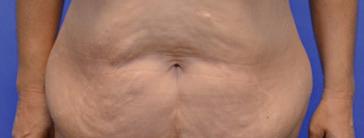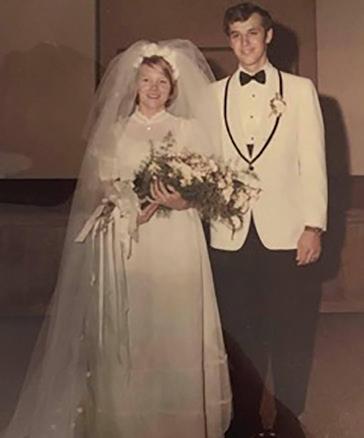
2 minute read
Connections Wellness Group: Champions of Radical Change
CHAMPIONS Of RadicalCHANGE
by Steve Gamel
Advertisement
We’ve all had that family member or friend who struggled with mental health problems growing up. We were always there for them to offer support, but we couldn’t help but notice other people looking at them differently. They categorized them as weird, shamed them for asking for help, showed a lack of patience, and perhaps even told them to “just get over it.”
The team at Connections Wellness Group knows there is a stigma surrounding mental health, from depression and anxiety to thoughts of suicide, etc. — and it’s preventing more children and adults from getting the help they need.
“Mental health impacts people of all ages, whether they be 6 years old or 70 years old,” said Amber Gould, the Chair for the Champions of Radical Change Committee. “With school starting and dealing with the COVID-19 pandemic, we want to be able to help everyone in the community at any stage in their life.”
She added, “We want to make it easier for people to ask for help and 100% know it is okay to do so.”
No one does that better than Connections Wellness Group. While they consistently deliver a full wellness model for their patients, their bread and butter is being champions for radical change when it comes to kicking the stigma on mental health. Dr. Syed Nizami, a child and adolescent psychologist and the medical director for the PHP and IOP programs, said the first key is getting to individuals at an earlier age. We live in a comparison culture, and children as young as 4 and 5 years old face everything from bullying to simply not fitting in and difficulties at home.
As they get older, eating disorders, social media, school, and other issues make managing their issues more challenging.
Connections Wellness has services that assist patients as young as 3 years old. Connections also offers 4-hour programs per day for teens and adults in a packaged approach: Process groups, psycho-educational groups, experiential groups, psychiatric evaluations, nursing evaluations, and medication education. Their therapies include cognitivebehavioral, solution-focused, dialectical behavior, motivational interviewing, cognitive processing, rational emotive behavior, SMART recovery, and many other services depending on the need.
“I was seeing adults and looking into their history to find that a lot of their issues started when they were children,” Nizami said. “Those issues were never addressed, and you wonder, ‘Why didn’t they get help sooner?’ If we can work with someone sooner, we can change the trajectory of their life.”
Tiffany Godwin, the team’s dietician, also stressed the importance of nutrition.
“There are people I talk to who only eat once a day because that’s all they can handle,” Godwin said. “They are dealing with body image issues and eating disorders. You don’t have to be scared to come to talk to us about those things.”
Gould agreed.
“I had family, friends, and even myself who grew up dealing with various issues, and it’s interesting how you’re automatically thrown into situations where you’re told to just get over it,” Gould said. “That’s not something you just get over. It’s something you must keep working on and get help for. We want to help as many people as we can.”










